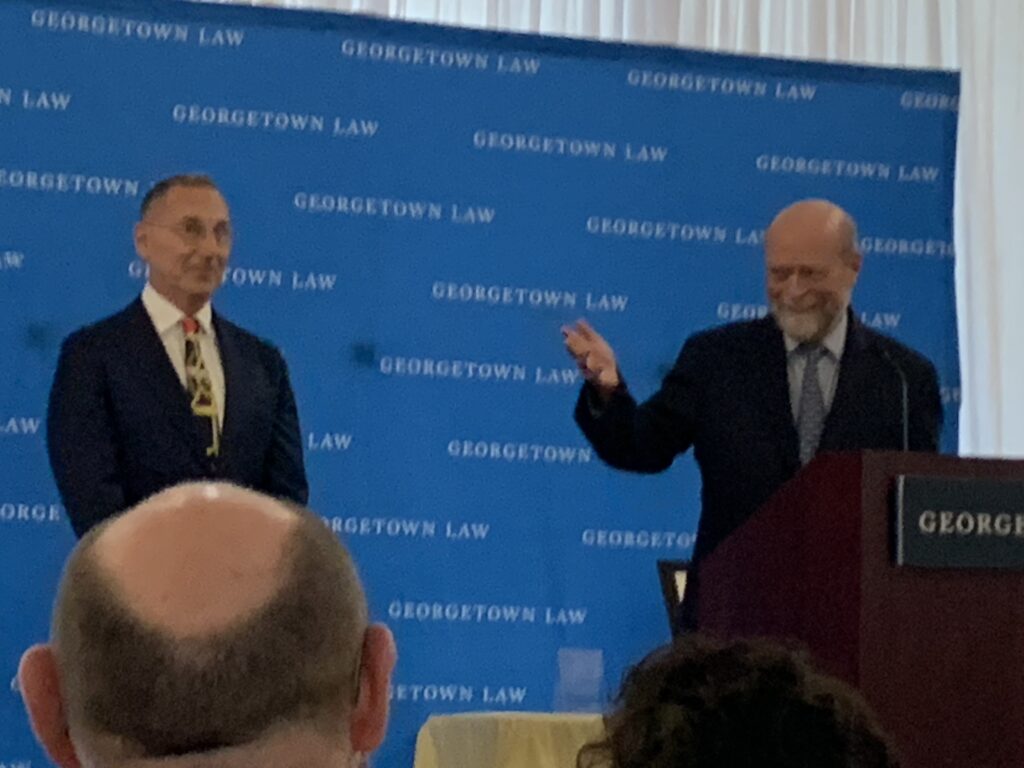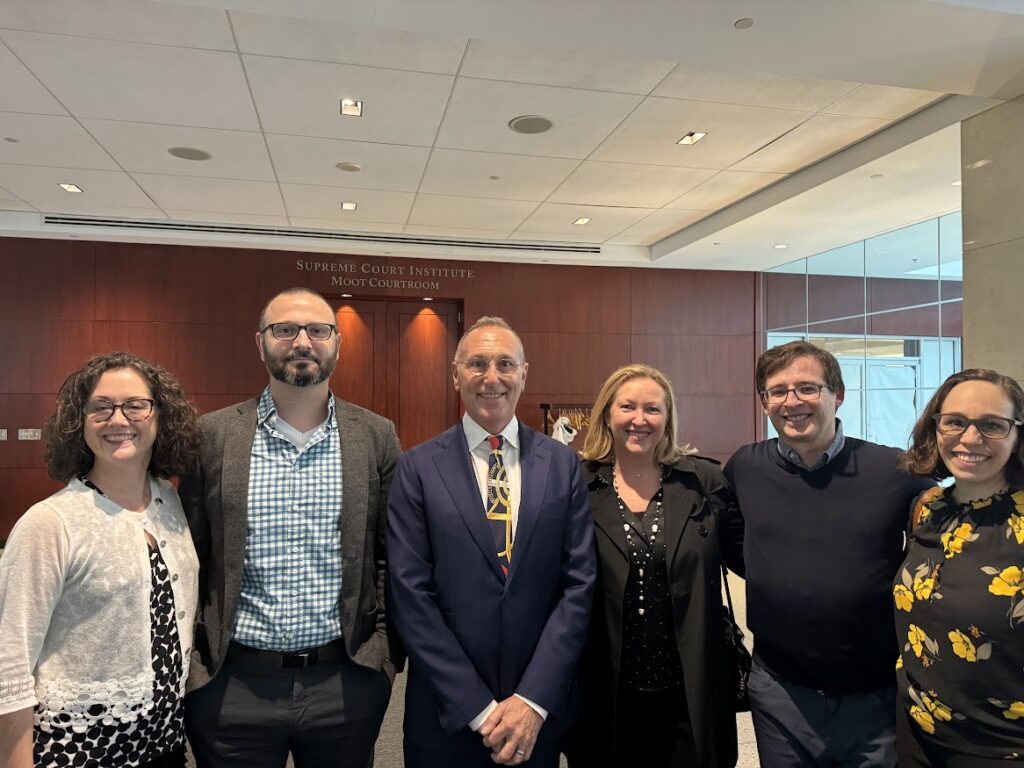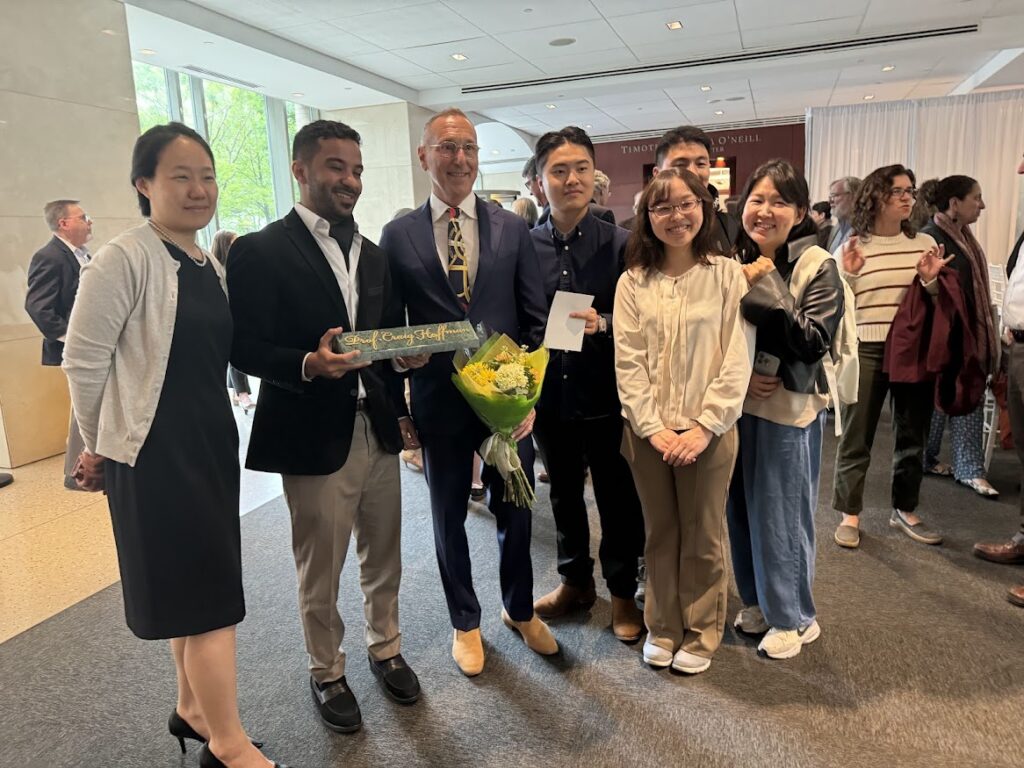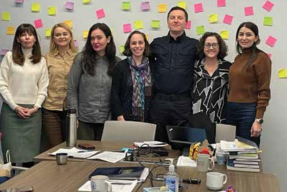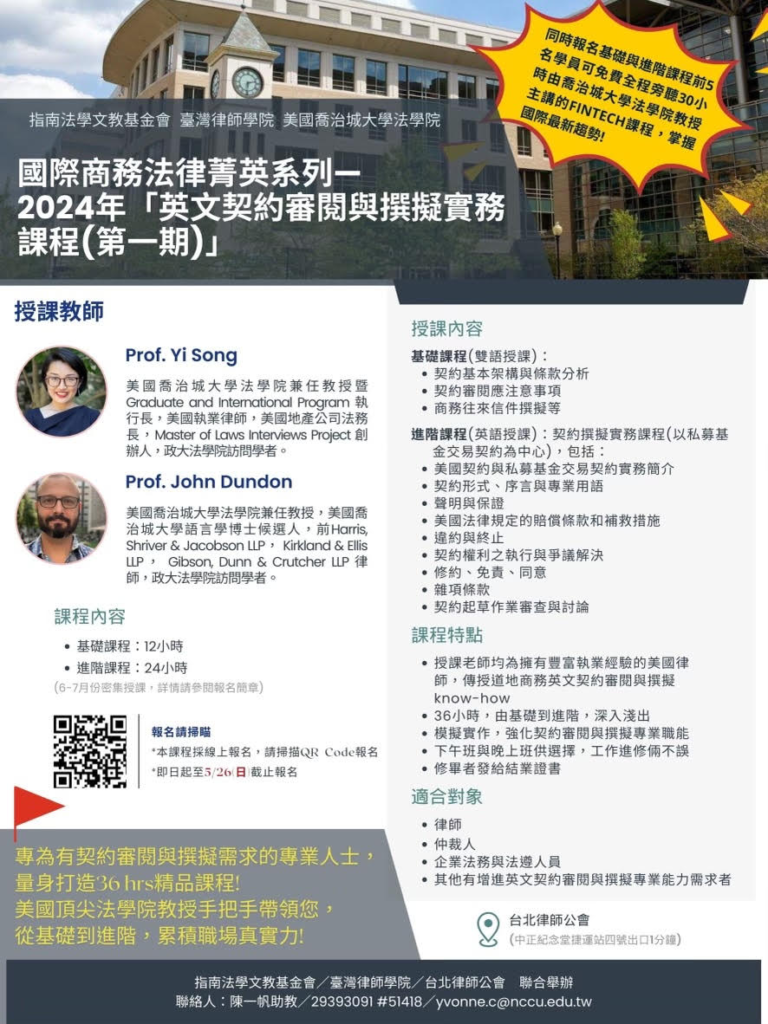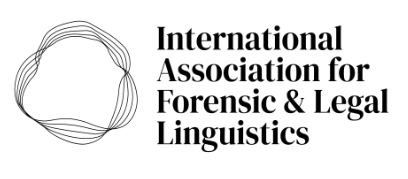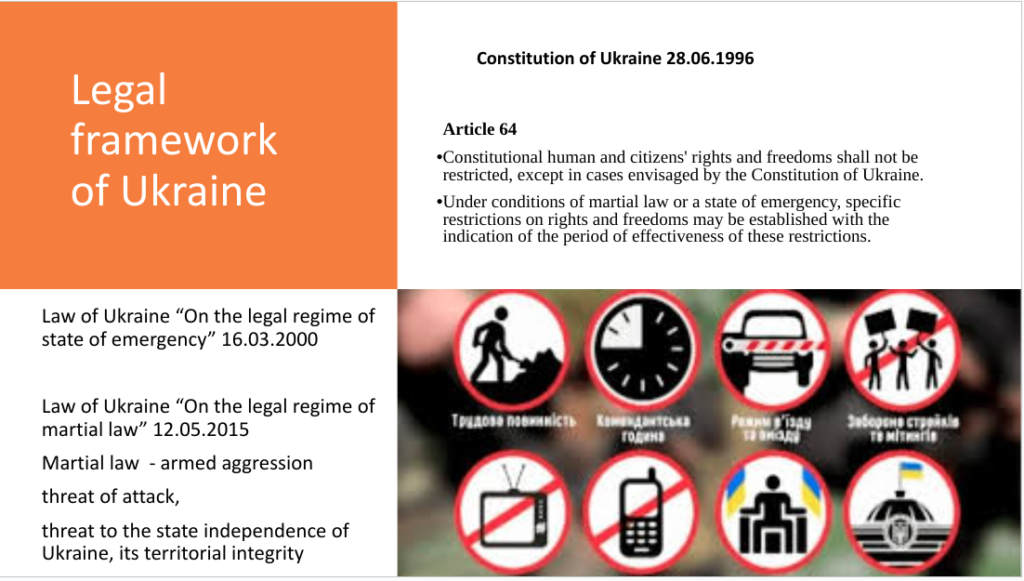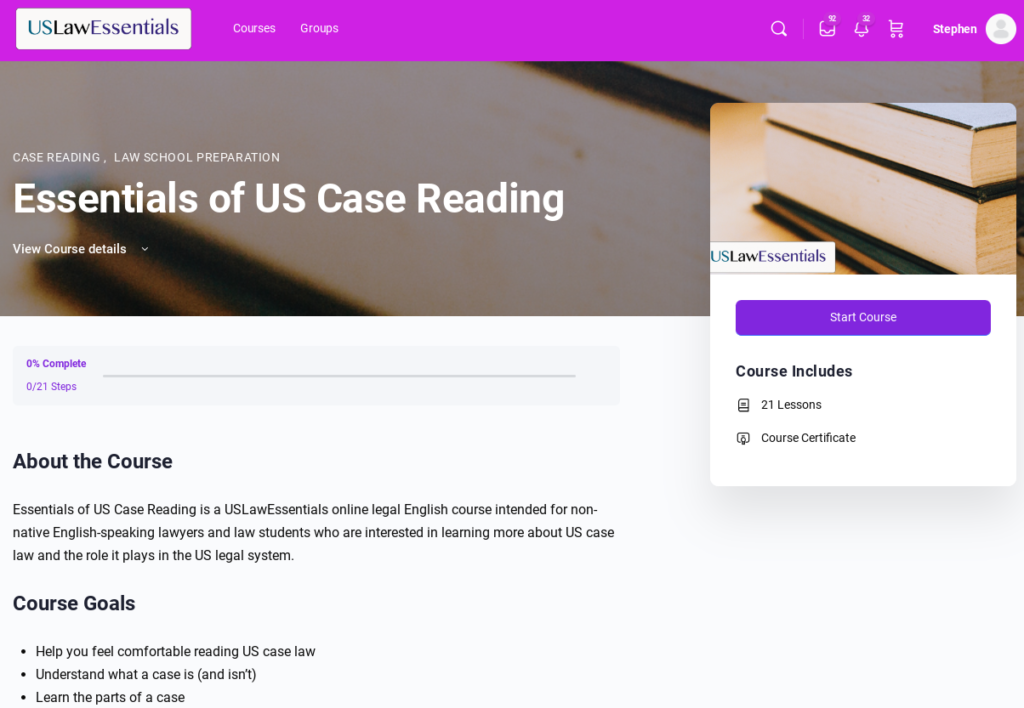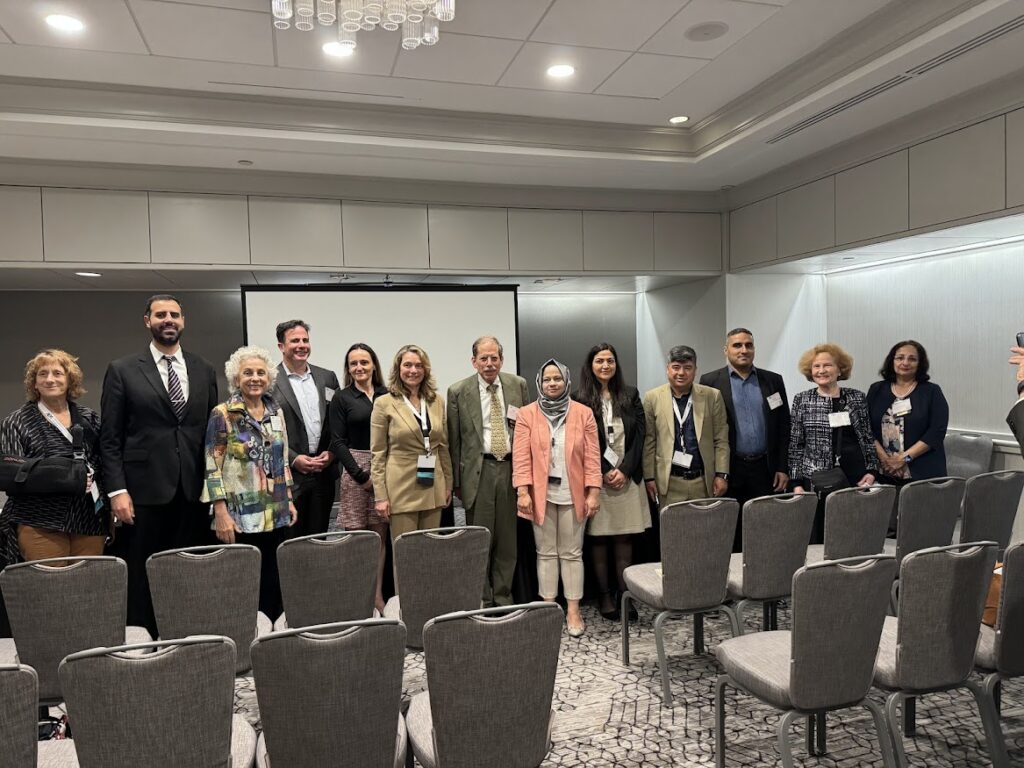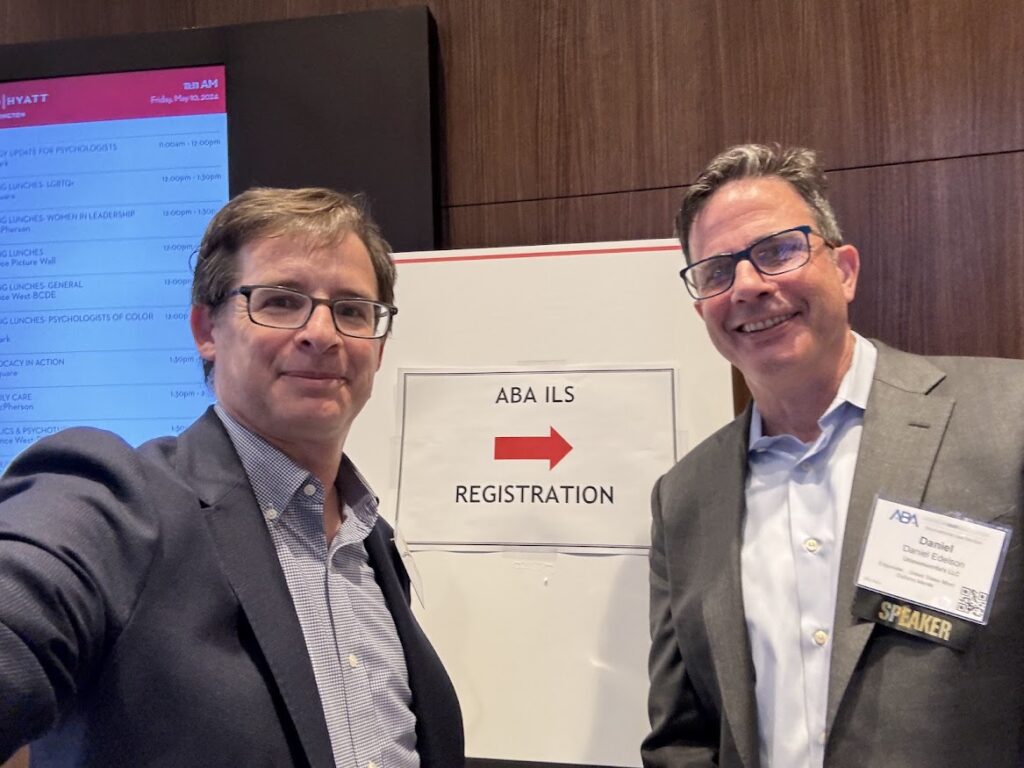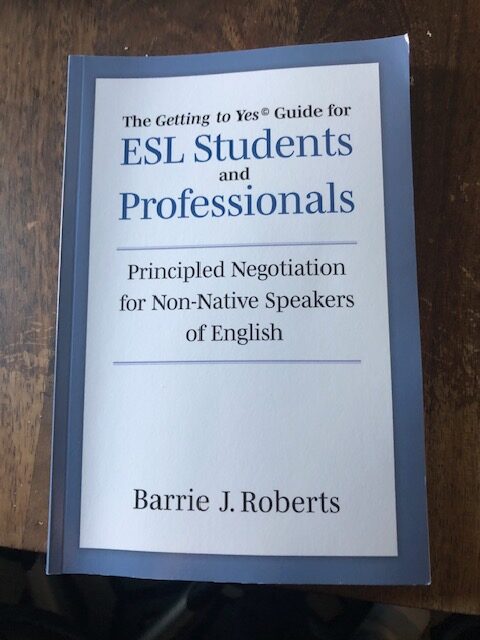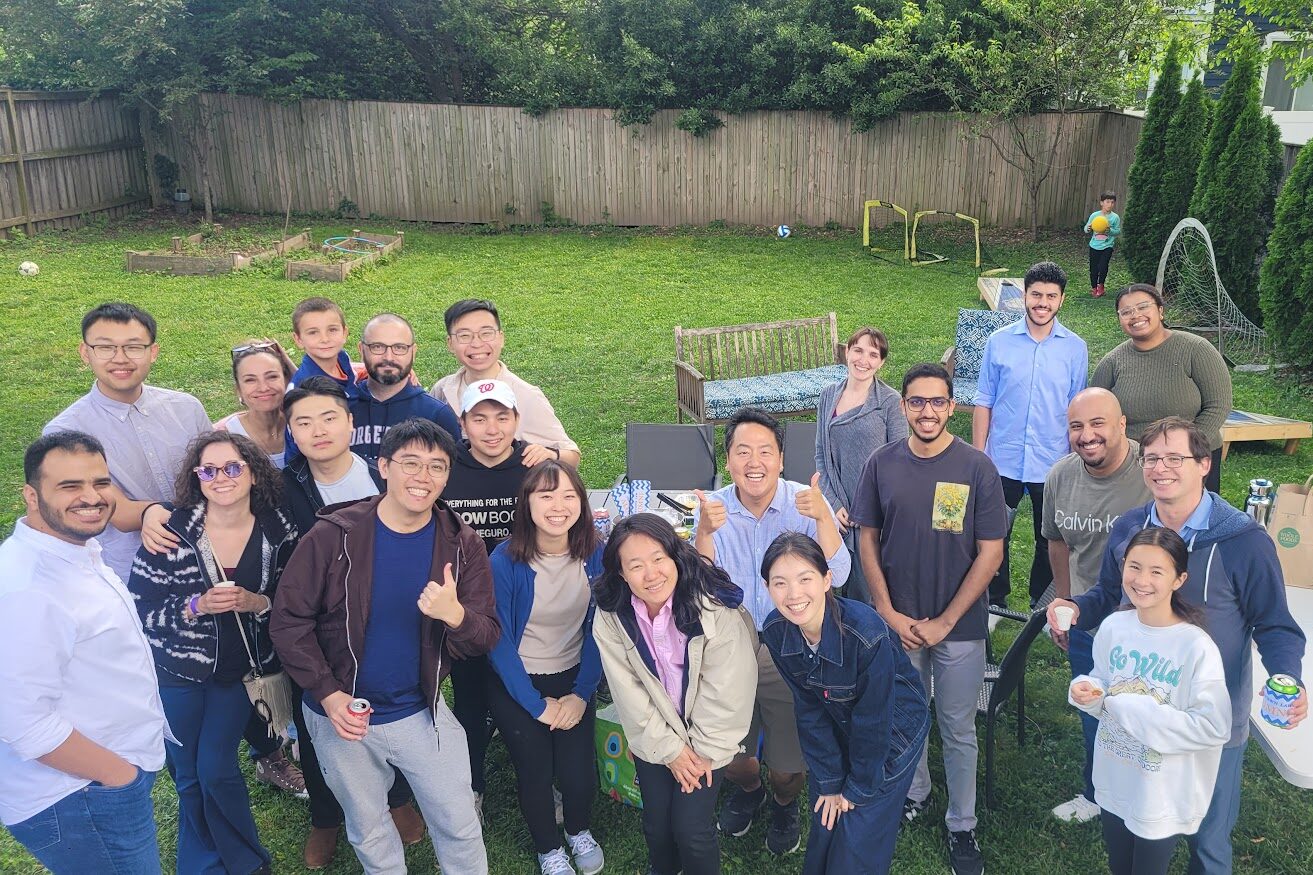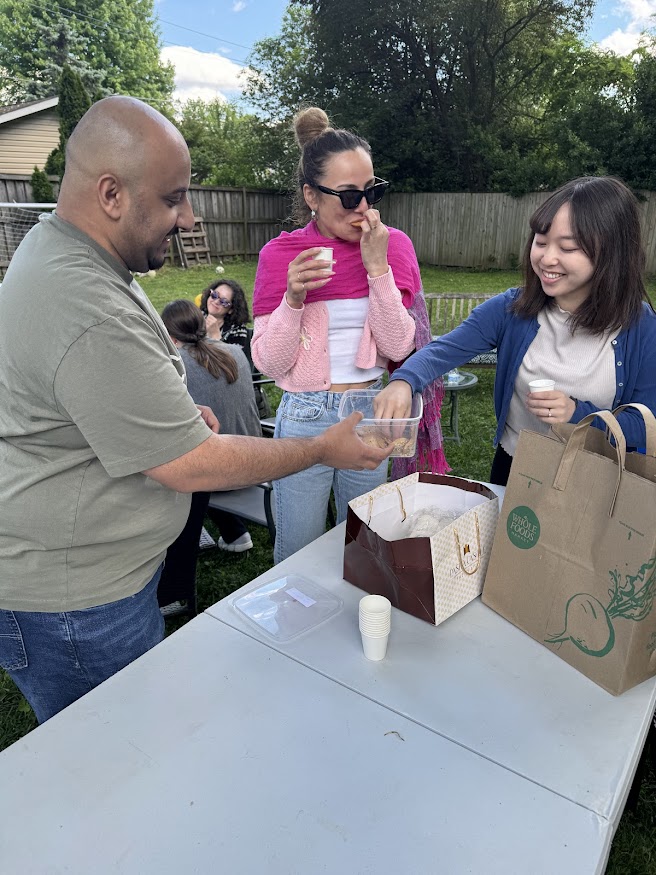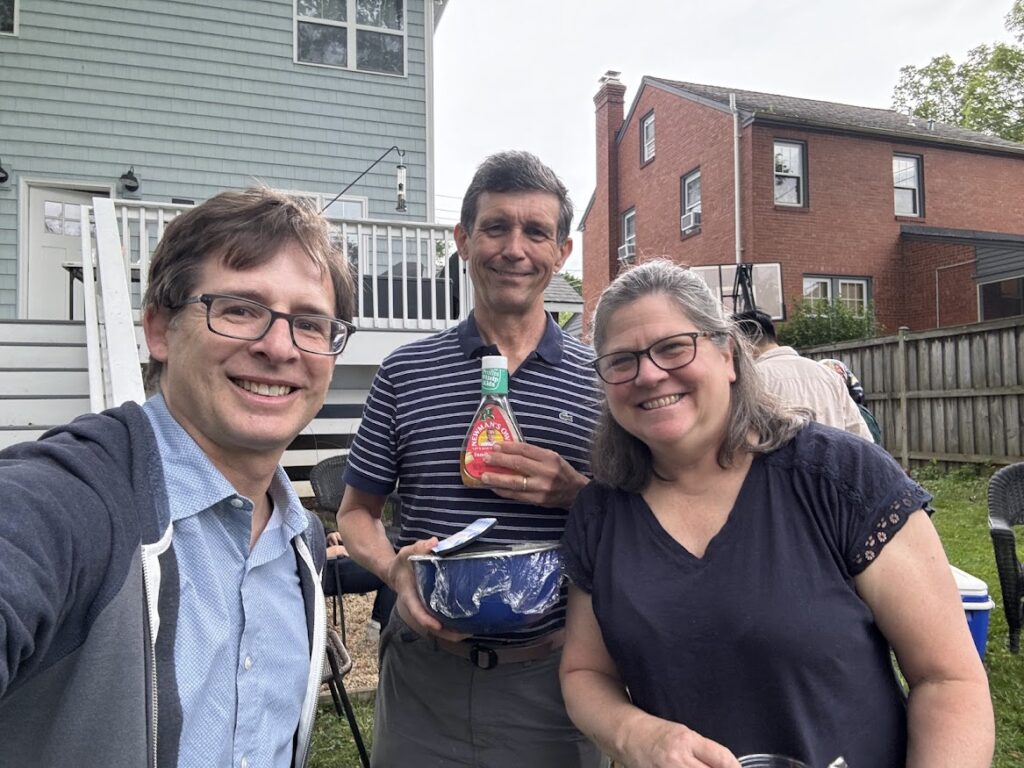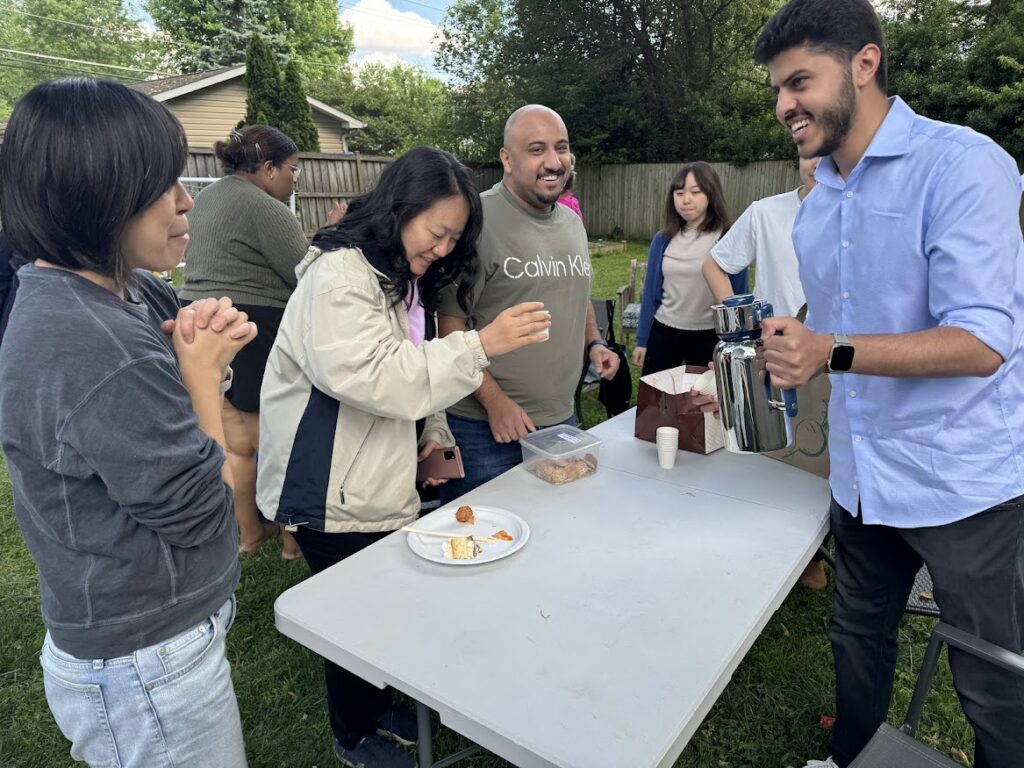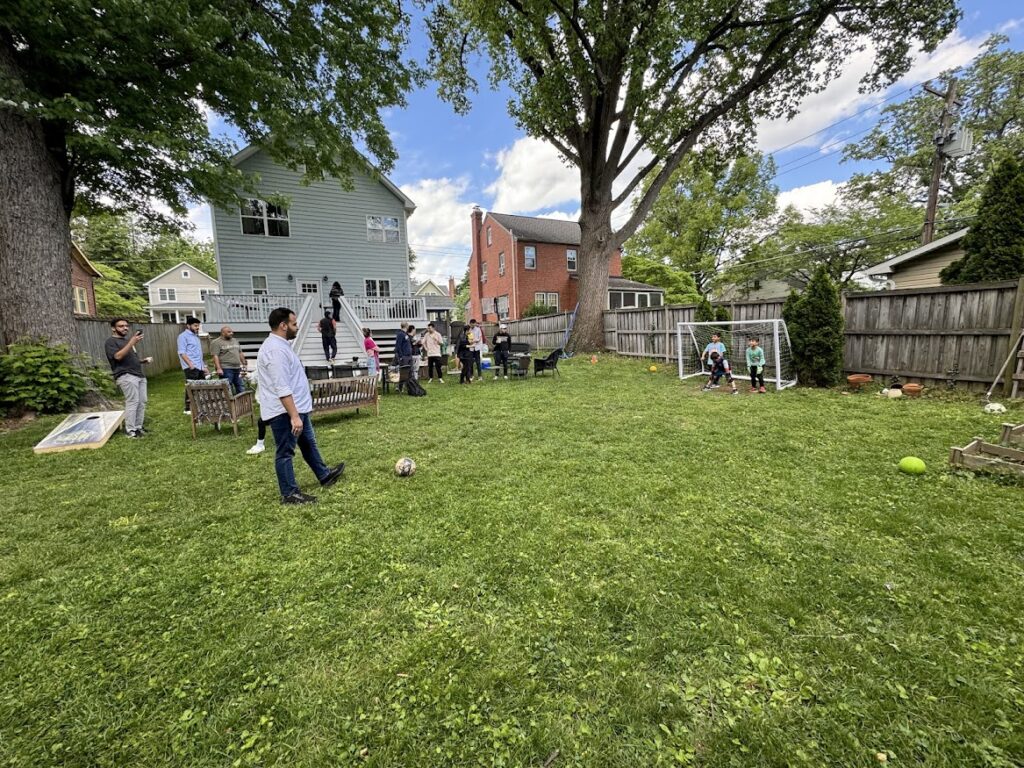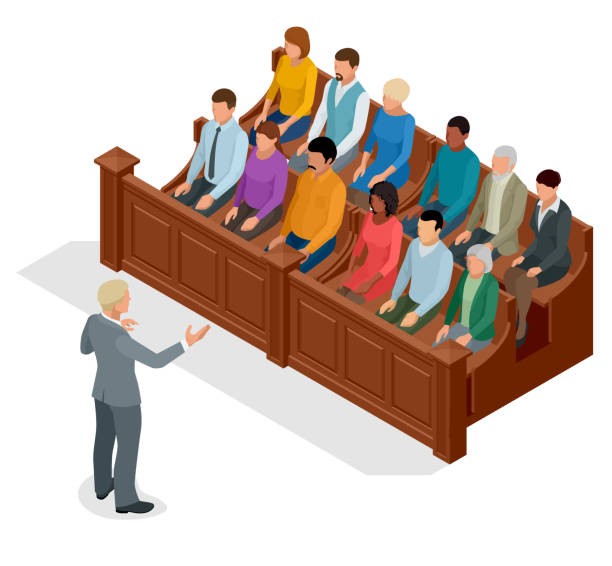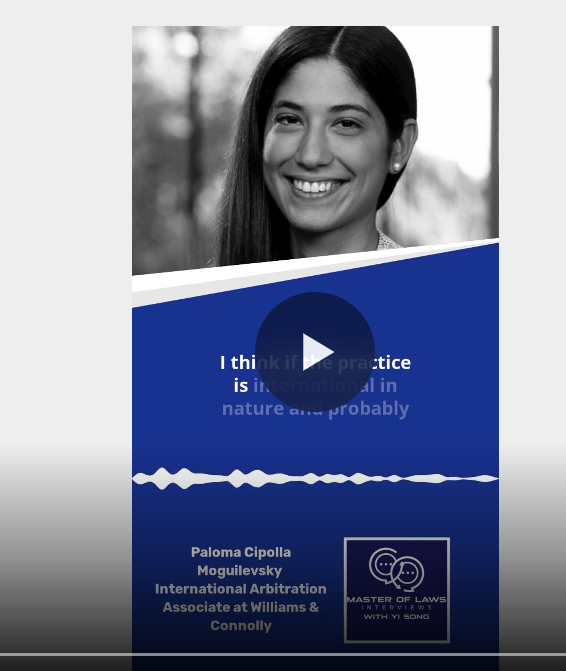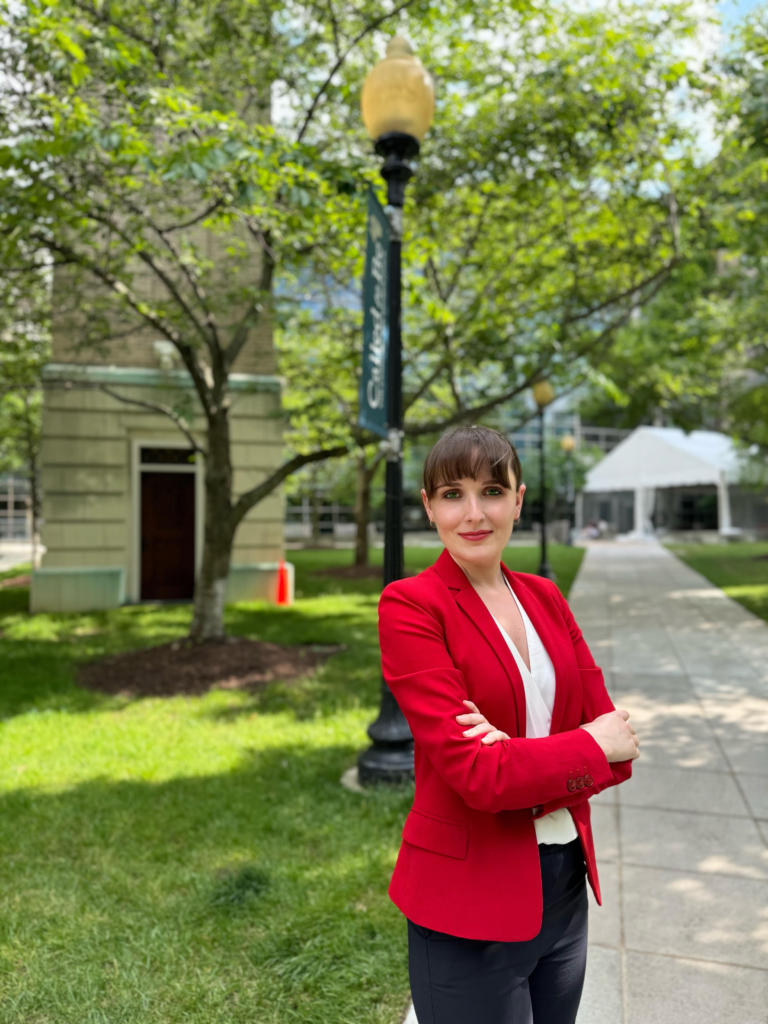
Post by Salome Adeishvili, who just completed her first year of Georgetown Law’s Two-Year LLM and will graduate in Spring 2025. Salome is from a small town called Samtredia in Georgia. Fun fact from Salome: Samtredia translates as “three pigeons.” 🙂
May 2024
Dear Diary (and Future Readers),
Are you interested in finding an externship in the US? My diary is here to guide you. I am excited to share my experiences and insights that led me to secure an externship as a Georgetown Law student. In my diary, you will be able to follow my steps closely. This established path aims to make your future endeavors smoother and more rewarding. I will outline four crucial steps in chronological order to help you navigate the process successfully. The first step involves preparing all the necessary documentation. The second step covers the process of finding an externship. The third step focuses on preparing for the interview. The fourth step outlines the administrative steps required to make your externship official.
- Preparing your documentation
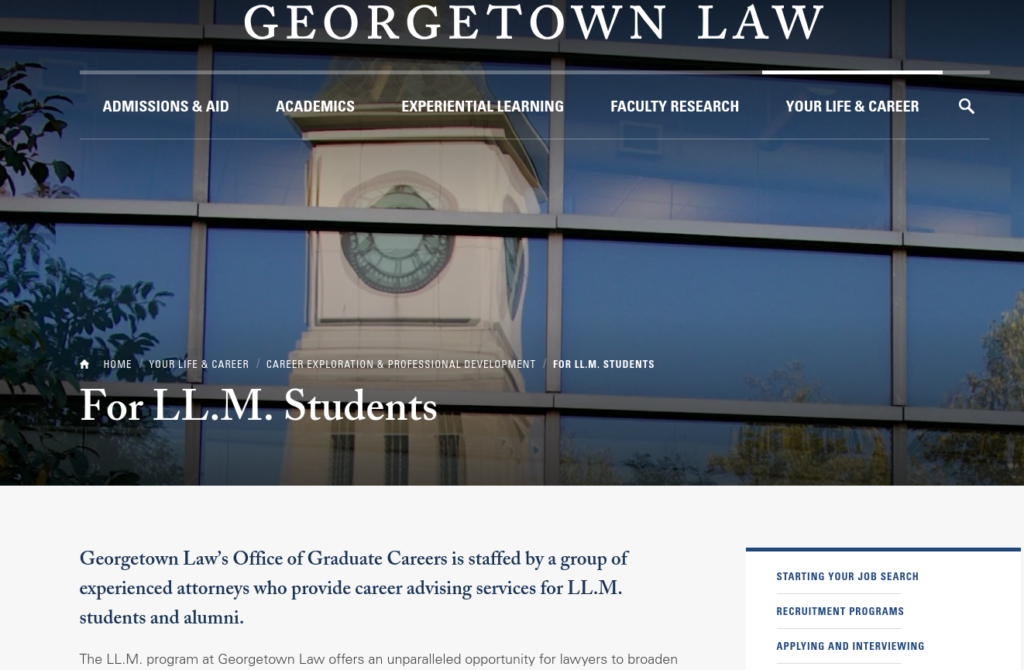
The first step is crucial for building a strong foundation: gathering the necessary documentation. This documentation includes your resume, professional references, personal statement, and writing sample.
Begin by refining your resume using the available resources at Georgetown Law’s Office of Graduate Careers. Start this process early in your first semester, as perfecting a resume takes time, and you will need it ready when it is time to apply for externships.
Next, gather your professional references. List at least three references, selecting a mix of professors and former or current employers.
Then, draft a general personal statement in advance to adapt it based on different positions. This allows you to easily adapt it to fit the specific interests and requirements of each firm or organization you apply to.
Finally, have a writing sample ready. Many organizations will request one. Obtaining a writing sample from your courses in your program is quite efficient. If you are in the One-Year LL.M. at Georgetown Law, try to take a class in your first semester with a paper requirement (e.g., USLRAW or a seminar course.) If you are in the Two-Year LL.M. Program, you can use your USLRAW memo or your second-semester Fundamentals Legal Writing II paper.
- The Process of Finding an Externship

For the second step, set aside a specific time each day to focus solely on finding externships across various platforms. Make this a daily habit and prioritize it over other commitments, including midterms, exams, assignments, or social activities. Begin this process early in the semester, ideally 3-4 months before you wish to start your externship, whether in summer, fall, or spring.
When searching for externships using different resources, use keywords like “summer externship/internship for law students,” with or without mentioning a specific organization. If you are interested in a particular field, include related keywords. For example, I was looking for opportunities at an immigration law firm, so I added “immigration” to my above-mentioned keywords.
One set of resources is available exclusively for Georgetown Law students: Symplicity, a Georgetown Law database of employers and job opportunities, and TIP Symplicity, the pre-approved externships database created especially for Georgetown Law students. Another set of resources is widely available, LinkedIn, a professional networking platform that connects you with industry professionals and job postings, and Indeed, a comprehensive job search engine. Combine these with other relevant job search platforms to maximize your chances of finding externship opportunities.
Also, manage your applications with an Excel sheet/Word document to track companies, deadlines, documents, and follow-ups. Regularly update your spreadsheet and stay proactive to enhance your chances of securing an externship. Consistent effort and dedication will significantly increase your chances of finding the perfect externship.
- Preparing for the Interview
For the third step, take advantage of Georgetown University’s services and schedule a mock interview with the Office of Graduate Careers. While you may have previous interview experience, different countries often have unique ways of talking about their experiences and potential value to a company or organization. To highlight these qualities, utilize the resources provided by the university to ensure you are well-prepared.
- Make Your Externship Official
After successfully securing the position, if you plan to accrue credit in an externship, ensure you complete all the necessary administrative steps. Fill out an LL.M. Externship Application Google form and request that your future employer complete the Supervision Agreement for Externship Field Supervisor form and send it to Molly Jackson. This ensures your hard work is recorded and Georgetown University Law Center awards you two hours of academic credit.
In conclusion, navigating the externship journey as a Georgetown Law LL.M. student involves laying a strong foundation by preparing essential documentation, dedicating consistent time to the Process of Finding an Externship, utilizing university services for interview preparation, and finalizing administrative requirements to make your externship official and to ensure credit for your hard-earned result. By following these steps diligently and leveraging all the available resources, you can enhance your chances of securing a rewarding externship experience that aligns with your career goals and aspirations.
**********
P.S. Would you prefer to get paid for your work? If so, you should consider an internship. The main difference between an externship and an internship is that an externship provides university credits, while an internship usually offers a salary. The first three steps of the process are the same for both, but unlike an externship, an internship does not require university registration since it does not offer academic benefits. So, which option do you prefer?
P.P.S. To avoid any confusion, I also want to add that F-1 students are not permitted to work/intern/extern off-campus without approved optional practical training (OPT) or curricular practical training (CPT) work authorization.


